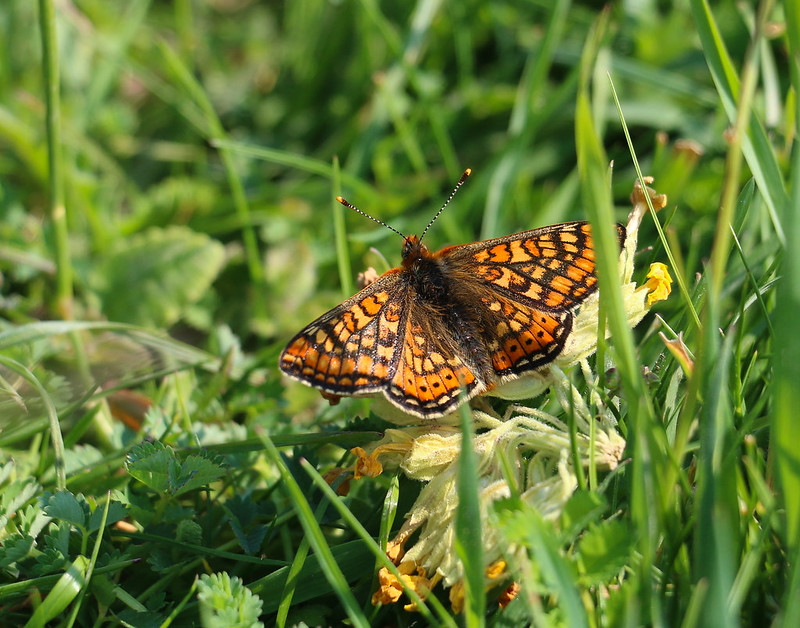2022 is a big year for politics and nature. Following on from COP26, which was largely concerned with climate change, the end of this year will see the convening of COP15 in which the world’s nations will come together to discuss the preservation of global biodiversity. Now more than ever, it is important for conservation and biodiversity to be at the forefront of politics.
With this in mind, we are taking a look at the Species Champions Project, which involves MPs and wildlife organisations working together to improve the future for our most threatened species.
What is the Species Champions Project?
The Species Champions Project aims to bring political support to the protection of threatened species by pairing Members of Parliament (MPs) with a particular species. MPs are often linked to species that are of local importance in the region that they represent, or they have a particular interest in.
The project began in 2016 and, to date, more than 50 MPs in England have gotten involved. They represent a diverse range of species including European salmon, curlew, glow-worms, marsh fritillary and natterjack toads. Similar initiatives are also in place involving MPs from Scotland, Wales and Northern Ireland.
Who runs this project?
The project is run by Rethink Nature, a partnership of seven wildlife organisations which include: Amphibian and Reptile Conservation, Bat Conservation Trust, Buglife, Bumblebee Conservation Trust, Butterfly Conservation, Plantlife and the RSPB. The Angling Trust, the People’s Trust for Endangered Species and the British Hedgehog Preservation Society provide further support.

What do Species Champions do?
Species Champions are responsible for raising awareness of their assigned species, both within their constituency and in Parliament. They work towards changing policy and legislation in a way that benefits the species and the habitat that it requires to thrive.
During 2022 there are several key areas that Species Champions will be working on: October 31st is the deadline for targets to be set for the Environment Act, and it is vital that these are ambitious enough to serve both wildlife and their supporting habitats. The COP Convention of Biological Diversity is a key event at which the UK should be fighting hard for a strategy to reverse biodiversity loss over the next few years. Finally, the Government’s promise to protect 30% of land and sea by 2030 needs to be supported and upheld.
Why is this project important?
The majority of conservation efforts happen on the ground and in the field. While this work is crucial, there also needs to be work done at the political and legislative level, so that policies and environmental laws show a commitment to protecting the species that need it most. Britain is home to a huge number of species that are currently under threat due to a combination of land-use changes, intensive agricultural practices, habitat loss/fragmentation and pollution. Bringing these issues into Parliament and to constituents is the main aim of the Species Champions Project.
Where can I find out more?
For a full list of the MPs involved in the Species Champions Project and the species that they are twinned with, visit the Species Champions website. Is your MP on the list? If not, then why not get in touch with them and encourage them to get involved!







